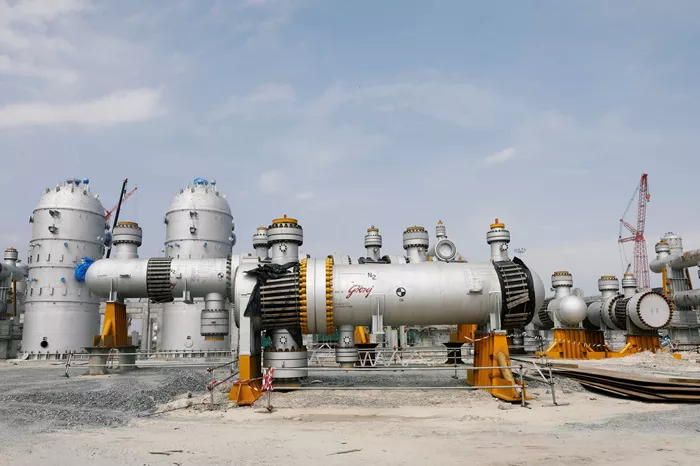International Oil Companies (IOCs) operating in Nigeria are under fire for consistently bypassing local refineries in favor of foreign traders, despite clear mandates under the country’s Petroleum Industry Act (PIA). The continued evasion has left nearly 60 million barrels of Nigerian crude floating unsold at sea, exacerbating the country’s energy and economic challenges.
According to documents reviewed by Leadership, these companies have flouted the Domestic Crude Supply Obligations (DCSO) outlined in Sections 8(c) and 109 of the PIA. The law requires oil producers to allocate a portion of their crude output for domestic refining in a bid to strengthen Nigeria’s energy independence and reduce its reliance on imported fuel.
Instead, IOCs are reportedly selling Nigerian crude to foreign traders—primarily in the Mediterranean, Southern Africa, and the Far East—who then re-export the same oil back to Nigeria at significantly inflated prices, up to $6 per barrel higher than international benchmarks.
“This is nothing short of sabotage,” said public affairs analyst Bimbo Oyarinu. “By inflating prices for local refineries and making supply inaccessible, IOCs are undermining Nigeria’s refining capacity and protecting their interests abroad.”
As a result, local refineries, including the newly launched Dangote Petroleum Refinery and several modular plants, are now forced to import crude oil at staggering costs. According to a Punch report, these facilities may spend as much as $8.56 billion to import about 122.4 million barrels of crude over the next six months — translating to an import bill of roughly $1.43 billion monthly.
Energy analyst Dan Kunle explained that a recent drop in global oil prices has further complicated matters. With buyers and sellers unable to agree on pricing, numerous cargoes now drift at sea awaiting favorable deals, incurring heavy demurrage costs.
“Most of these vessels are on charter,” Kunle said. “While they remain idle, the cost keeps piling up. It’s a lose-lose situation for everyone involved.”
Critics have also taken aim at the Nigerian Upstream Petroleum Regulatory Commission (NUPRC), accusing it of failing to enforce the PIA. Although the Commission has issued warnings, including a letter from CEO Gbenga Komolafe on February 2, 2025, urging compliance, enforcement has largely been seen as toothless.
The consequences are dire. In an ironic twist, Nigeria—Africa’s largest oil producer—is now paying foreign countries for access to its own crude. Dangote’s refinery, for instance, has sourced crude from the U.S., Angola, and Algeria due to domestic supply shortages.
“This is a pivotal moment for the industry,” said Port Harcourt-based oil and gas consultant Moses Ebirien. “We can’t allow multinational companies to defy national laws with impunity while Nigerians suffer the consequences.”
As the country grapples with foreign exchange shortages, rising inflation, and a sluggish post-pandemic recovery, industry insiders are calling for bold government action.
“We’re sitting on vast reserves, yet we’re paying others to use them,” Oyarinu emphasized. “That’s not just an economic paradox—it’s a policy failure we can no longer afford.”
Meanwhile, domestic fuel pricing continues to fluctuate. The Nigerian National Petroleum Company Limited (NNPCL) recently slashed pump prices in major cities, reducing petrol prices from ₦910 to ₦880 per litre in Lagos and from ₦950 to ₦935 in Abuja. The decision followed a cut in the ex-depot price by the Dangote refinery, prompting downstream partners like MRS, Heyden, and Ardova to adjust retail prices accordingly.
Despite these short-term moves, analysts warn that unless systemic supply issues are resolved, Nigeria’s oil paradox will persist — rich in resources, yet starved of the benefits.

